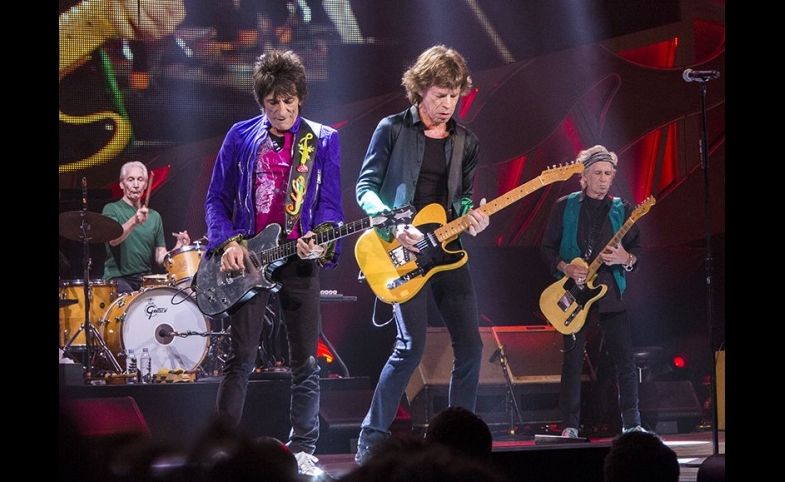Cigars, Fidel Castro and Che Guevara. These are the three largest words shown in Cuba’s word cloud from the 2015-16 Country Brand Report. One year later, the island edges past Panama from eighth to seventh place in Latin...
KEEP READING
Gimme Shelter From Dictatorship
Ian Buruma, Professor of Democracy, Human Rights, and Journalism at Bard College, recently examined the implications of the Rolling Stones’ first-ever concert in Cuba in the wake of revived U.S.-Cuba relations. Following Obama’s historic visit to the country, a free concert might seem relatively minor. But to truly understand the importance of this concert, one must understand what rock and roll meant to people living under Communist dictatorships.
In Cuba and the former Soviet bloc alike, governments saw rock music as subversive capitalist excess, and subsequently banned it as a threat to public order. While rock fans in Western democracies enjoyed the music for music’s sake and considered any political slant from musicians to be merely posturing, under communist regimes it was linked to more serious rebellion. “The forbidden sounds—loud, anarchic, sexy—offered an escape from the drabness of a tightly policed normality.” In front of an adoring crowd of thousands who had grown up beneath this cloud of censorship, Mick Jagger echoed President Obama’s sentiments for Cuba’s future. Change may be slow to come, but it’s finally started.
The full article is available here.
Photo by Jim Pietryga I Wikimedia Commons
Visit CPD's Online Library
Explore CPD's vast online database featuring the latest books, articles, speeches and information on international organizations dedicated to public diplomacy.
Popular Blogs
-
January 29
-
January 20
-
January 28
-
January 2
-
January 8











